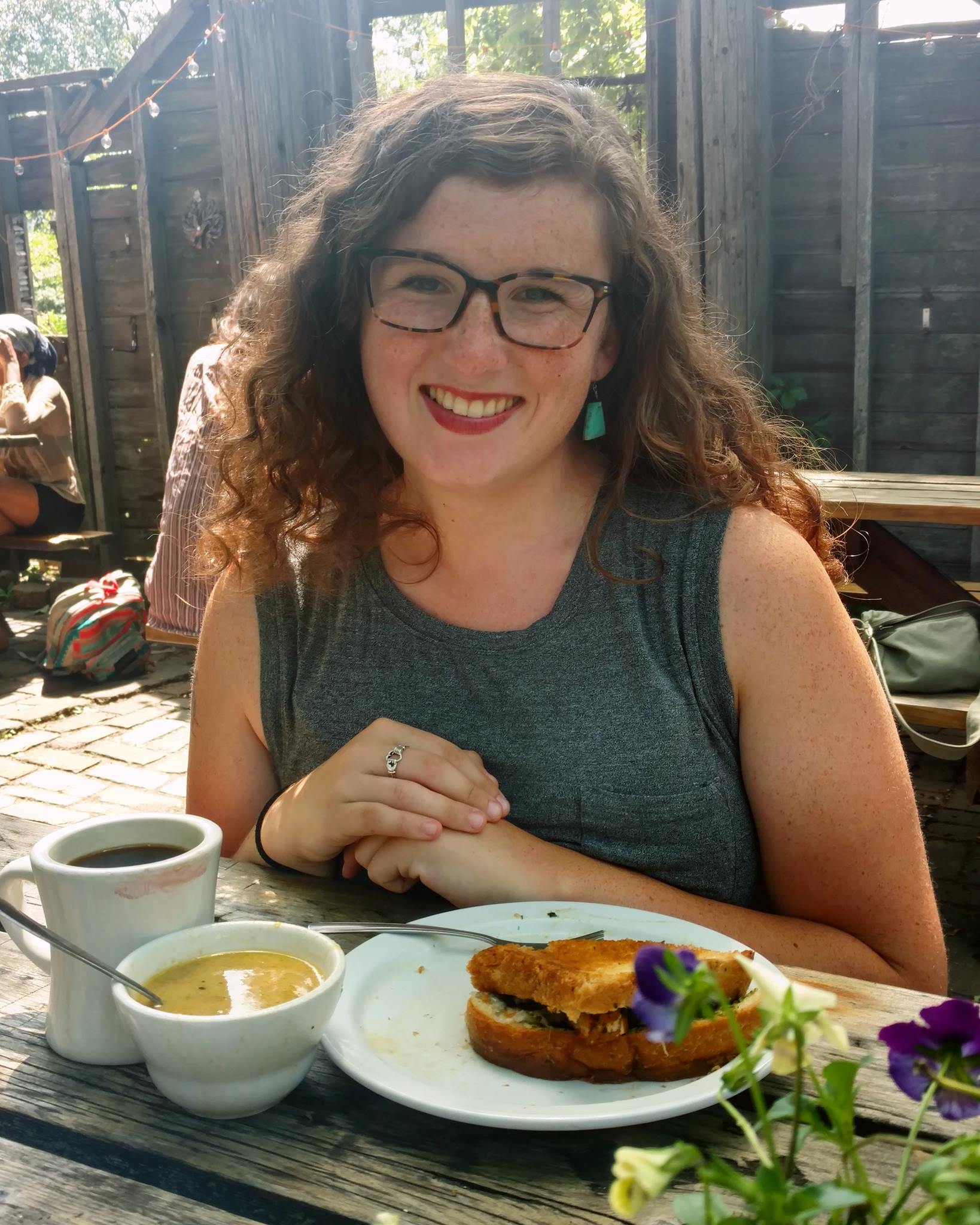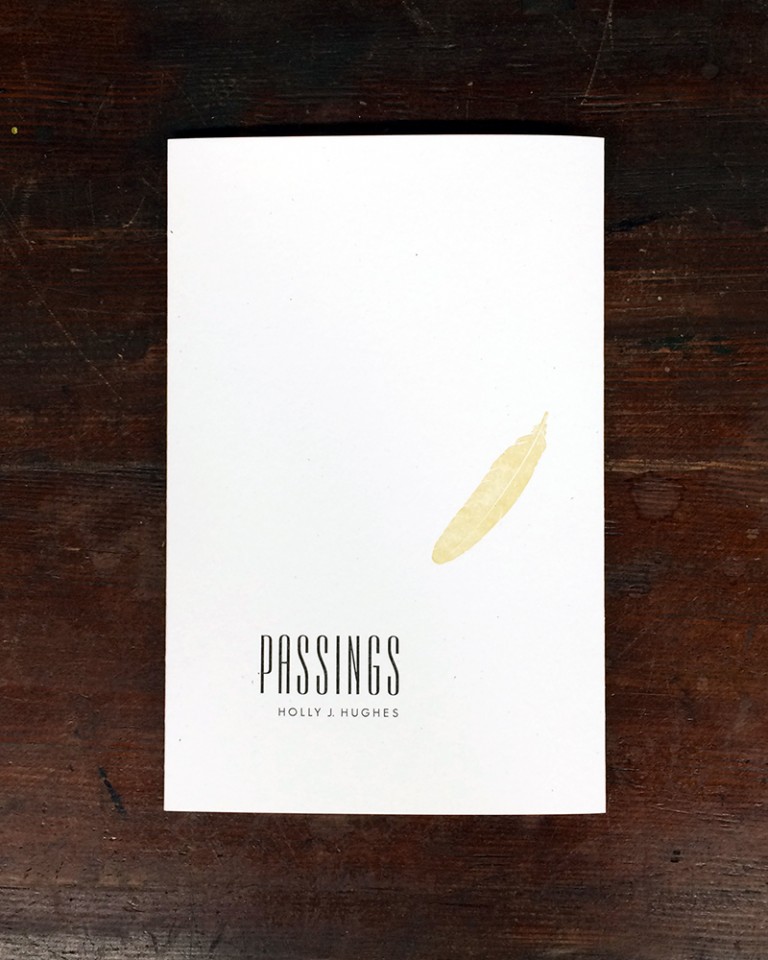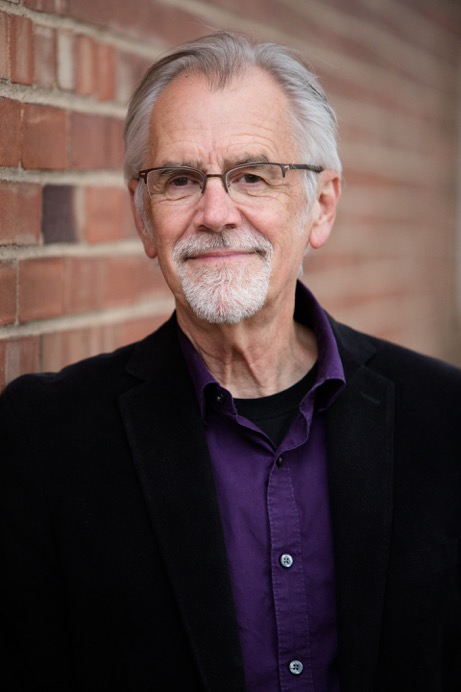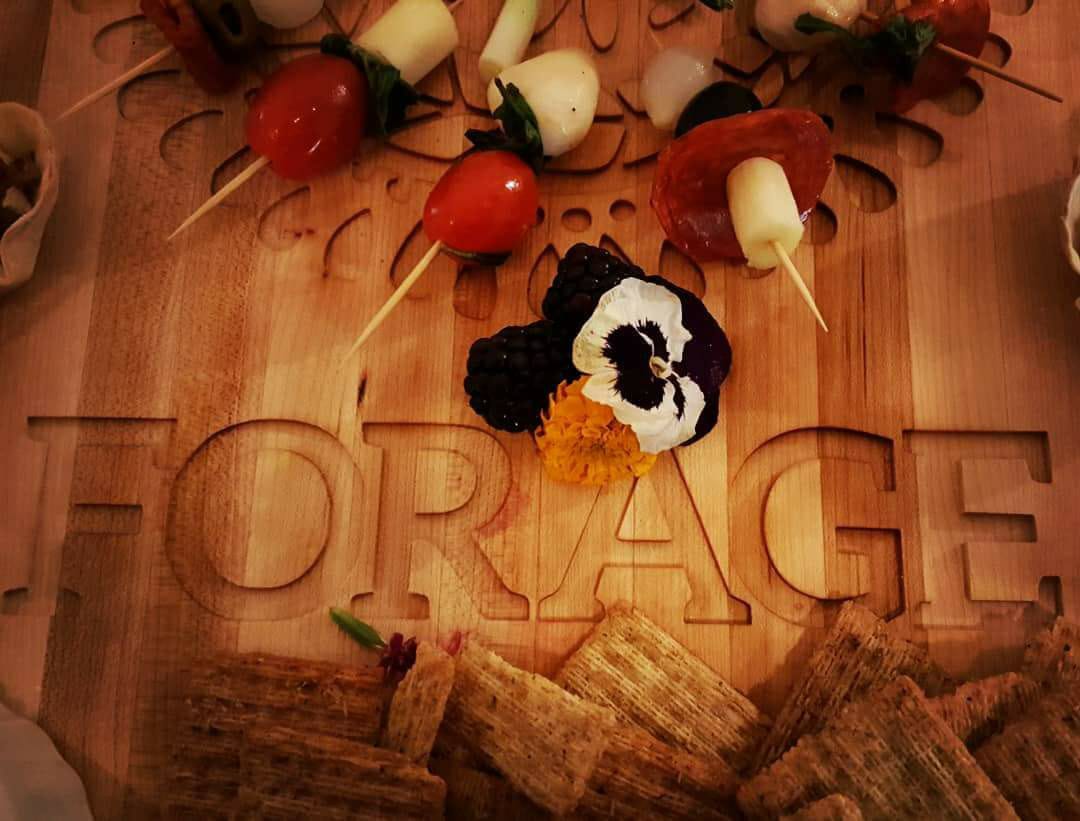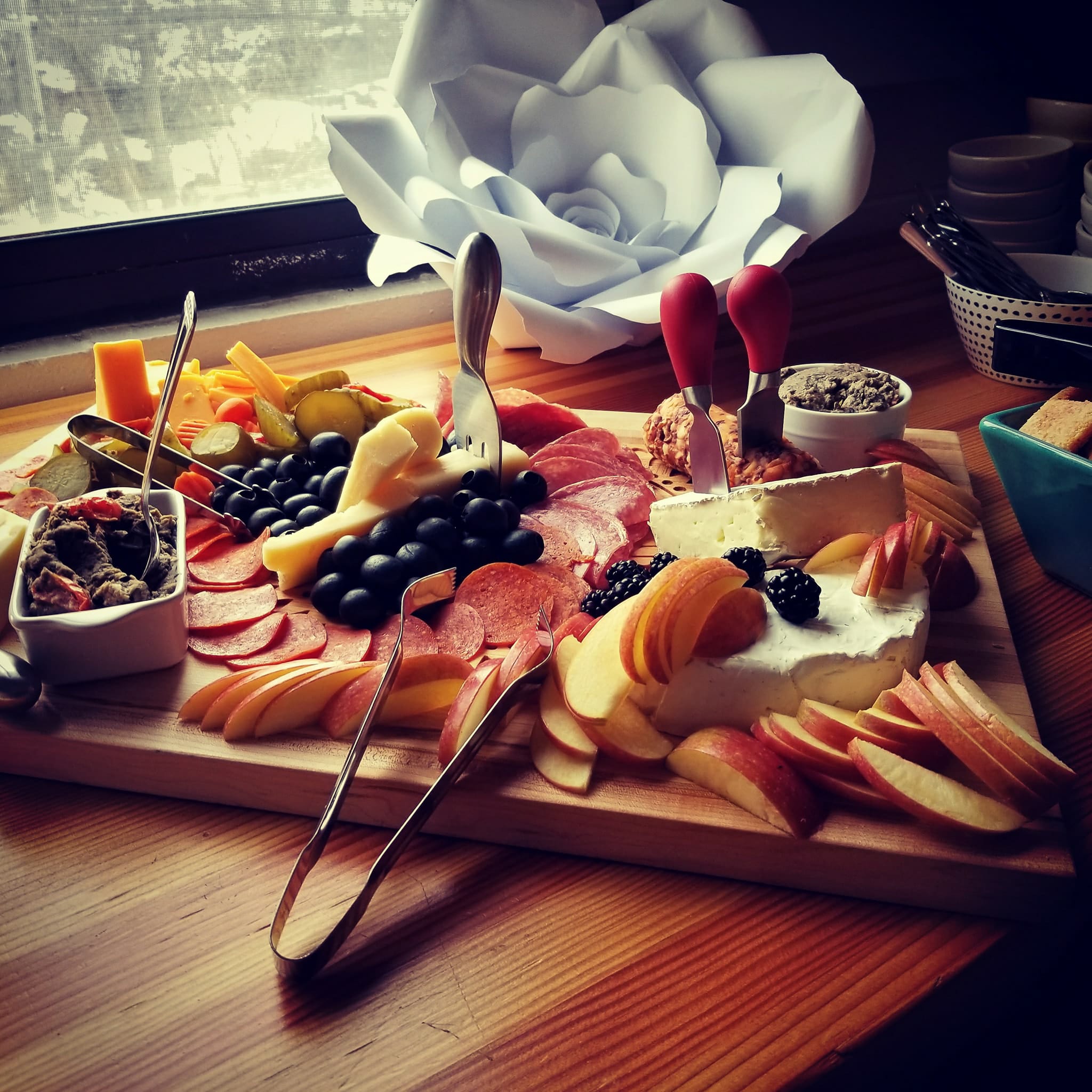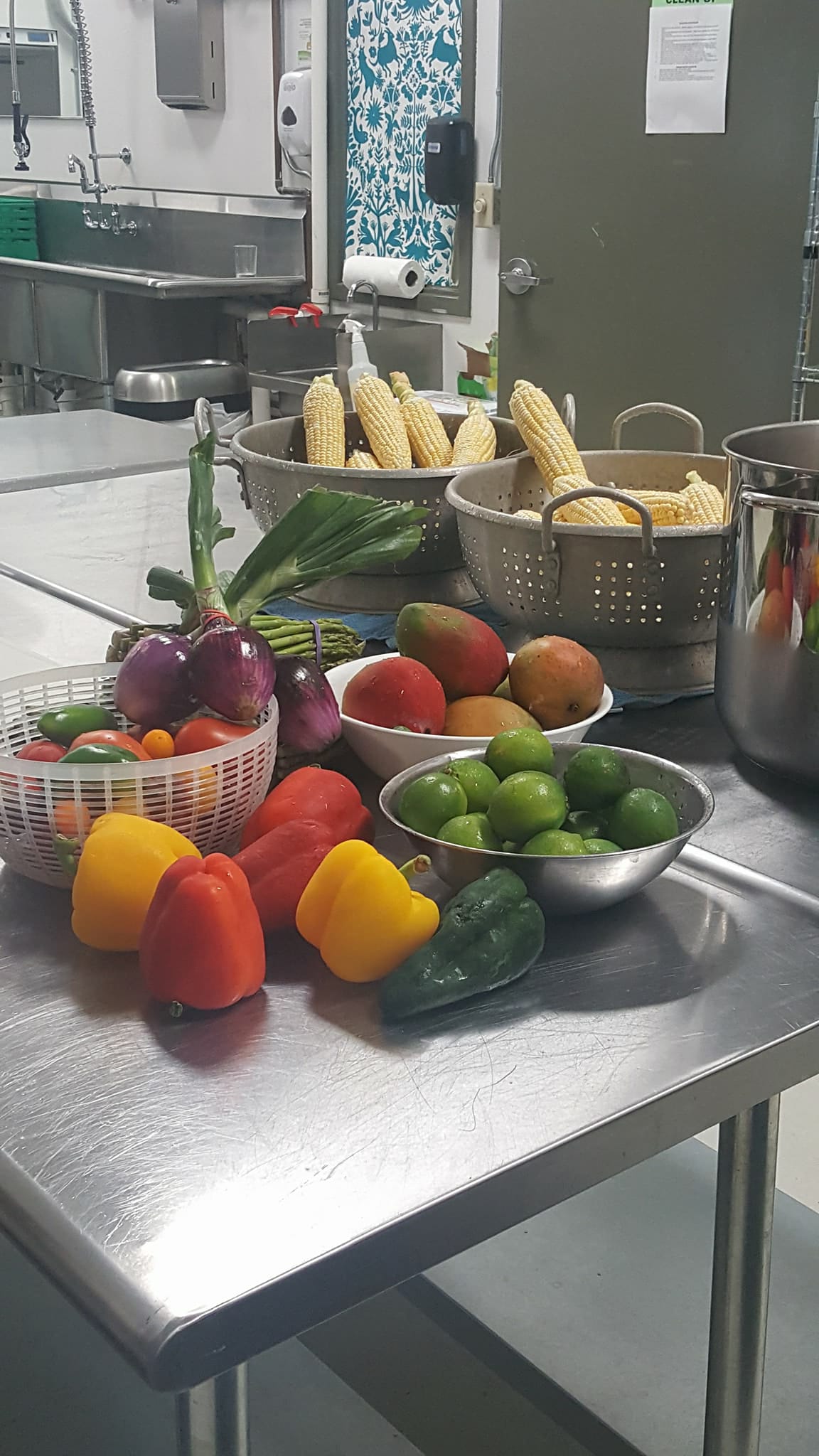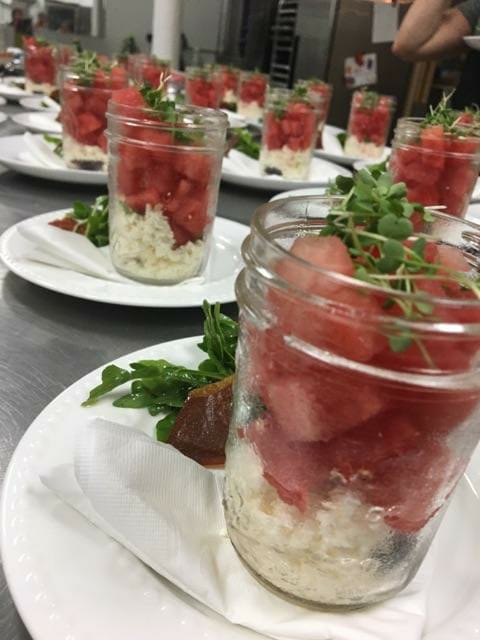by BJ Hollars
A successful writers’ retreat generally boils down to two factors: the generosity and enthusiasm of the writer-in-residence, as well as the generosity and enthusiasm of the participants themselves. And so, when trying to find the perfect mix of people to place together in the woods for three days, we at the Guild are often left trying to use one’s words as an entry point into one’s intentions. Does the writer-in-residence seem fully committed to the participants and their creative work? And on the other end, do the participants seem excited to grow alongside the writer-in-residence? We can never know for sure, though the applications go a long way in helping us determine how to best create the supportive community we so deeply value.
➤ Learn more about our Cirenaica Writers Retreats
My main job is to work hard to provide the best summer programs possible. Which means I spend a lot of time getting to know our prospective writers-in-residence. And this year, let me tell you, we’ve got quite a line-up, indeed. Read on for the stories you didn’t know about this year’s writers!
Holly Hughes: Queen of the Birds (And Mindfulness, Too!)
Let’s begin with Holly Hughes. Holly and I first met, quite by chance, when we were thrust together for a joint reading on extinct birds at Magers & Quinn Bookstore in Minneapolis in the fall of 2017. We’d never met one another, but at the bookstore’s prompting, we were glad to share the mic. Holly and I had barely shaken hands before I knew she’d be a perfect fit for Cirenaica. She exuded kindness, and as she shared her work, I sat quietly in the front row imagining just how much Cirenaica participants could benefit by her expertise both as a poet and a mindfulness expert. Since our initial meeting, Holly and I have continued to keep in touch. The writers-who-write-about-extinct-birds club is unsurprisingly small, and every time I think I catch a flicker of a Passenger Pigeon out of the corner of my eye, I always make sure to drop her a note. Check out her retreat, “Words To Hold A Glittering World: Crossing Genres Mindfully” which runs from June 21-24.
Karla Huston: Wisconsin’s Bard
Next up, Wisconsin poet laureate Karla Huston. So many kind things can be said about Karla that it’s hard to know where to begin. But I suppose the story that touched me most involves meeting her last fall, when she took the time to hear me read as part of the Fox Cities Book Festival. Given her many poet laureate duties, I imagine Karla’s time is a little tight. Yet the fact that she was able to spare a bit of it to hear me was quite humbling, and further reaffirmed her kind and generous nature. Over the past two years, Karla has toured the state promoting poetry. And how lucky are we to share three days with her this summer. Check out her retreat, “Speak, Write, Memory: On Writing Poetry By Searching Within” which runs from June 28-July 1.
Michael Martone: Modern Day Magellan (At Least Compared To Me)
And now, onto my mentor and friend, Michael Martone. Michael, like me, hails from Fort Wayne, Indiana. When I stumbled upon this fact as an undergraduate while reading one of his contributor’s notes, I immediately dropped him an email. “There are two writers from Fort Wayne!” I said excitedly. Of course, there are many more than just two. Soon after familiarizing myself with Michael’s work, I begged my college to bring him to campus, and they obliged. The one catch: I had to pick Michael up from the airport. When the big day arrived, I picked both Michael and his son, Sam, up from the Davenport Airport and prepared to drive them back to Galesburg, Illinois. The problem, though, was that I soon became utterly lost. Utterly, utterly lost. As the miles dragged on in the wrong direction, I found myself incapable of admitting defeat. How far would I have driven, I now wonder? Would I have driven us to California had Michael not intervened? Thankfully, Michael intervened, and as politely as possible, suggested that I might consider turning around. It was good advice. And while I thoroughly enjoyed all that time together, what I enjoyed most was how charmed he seemed by the entire ordeal. Or at least not utterly put out by my ineptitude. Two years later, we studied together at the University of Alabama. And a few years after that he served as my thesis advisor for my first book. These days, when faced with a dilemma in the classroom, I often ask myself: “What would Michael Martone do?” And then, I proceed just as he might. Apply for his retreat, “From Start to Finish: On Beginnings, Endings, and All the Words In Between” which runs from July 12-15.
Nick Butler: Hometown Hero / International Star
Of course, international bestseller (and hometown favorite!) Nick Butler needs no introduction. This is his third summer at Cirenaica, and each session with Nick just gets better and better. Nick’s writing chops hardly need any endorsement from me. (Though if you want my endorsement, here it is!). But beyond his writing, he’s also about the kindest, most supportive guy you’ll ever meet. In summer’s past, I’ve loved watching him meet individually with participants on the back deck, talking folks through their stories. At the conclusion of each conference, participants always leave with a smile. Nick always finds a way to help writers find their footing, and he plans to do so again this summer! Click here to apply for “Building a Solid Base: Getting Your Fiction Off On The Right Foot” which runs from July 19-22.
Lindsay Starck: Writer/Teacher Extraordinaire
Last but not least, meet Lindsay Starck! A professor at Augsburg University and the author of Noah’s Wife, Lindsay came highly recommended to us by way of Barstow & Grand editor, Eric Rasmussen, who has the pleasure of studying with her in Augsburg’s MFA program. Last week the three of us enjoyed tacos together at a writers’ conference in Tampa. What a joy it was! Lindsay’s welcoming personality and writing talents make her a perfect fit for Cirenaica. She, like the others noted above, is generous and enthusiastic. Frankly, the summer can’t come soon enough. Click here to apply for “Thickening the Plot: On Creating Tension and Suspense in Fiction” which will run from August 2-5.
In an effort not to bend your ear (or your eyes) too terribly, allow me to simply say that these writers are ready and waiting to work with you. And did I mention that each session has a special guest as well (Max Garland, Jon Loomis, Peter Geye, Eric Rasmussen, and others)?
In closing, there’s always a reason NOT to apply for a writers’ retreat. And it’s easy to say, “Maybe I’ll try next year.” I’ll encourage you not to wait. Your art deserves your attention, and we’re here to support your art as best we can.
So what are you waiting for? Apply today! Tell your friends! We’ll save you a seat around the campfire.













